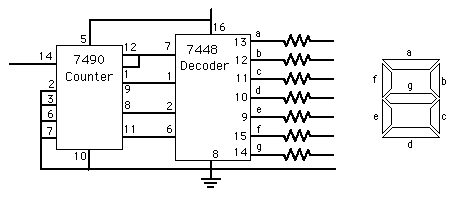In the main room of my apartment, there are three electric clocks with digital displays. One is the front panel of a clock/radio. Another is on the control panel of the stove. And the last is on the cable box (Verizon Fios, not actually cable, but that probably doesn’t make any difference).
The clock/radio and the oven clock are running fast. The cable box clock is accurate (verified by checking against my cell phone and clocks displayed on television programs).
This is a new phenomenon. It started a few weeks ago. I’ve reset the clocks three times now, and they always gain on the cable box clock.
So what could make these clocks run fast?
They’re not battery-operated. They get their power from the building electrical system. I don’t know much about electricity (or about clocks, for that matter). I know that electric watches keep time by means of a vibrating crystal, a crystal that will vibrate at a known rate when an electrical charge is applied. Do electric clocks like the ones in my apartment work differently? Could it be that they tell time by keeping track of the 60-cycle fluctuation of alternating electrical current? And if so, would something weird about the building electrical supply be causing them to run fast? Could that even happen? Could their be some problem with power?
'm assuming that the time display on the cable box is getting a time signal from Verizon, and isn’t actually a clock (that is, it isn’t keeping time itself).
Very strange. Anyone have any idea what’s going on?

